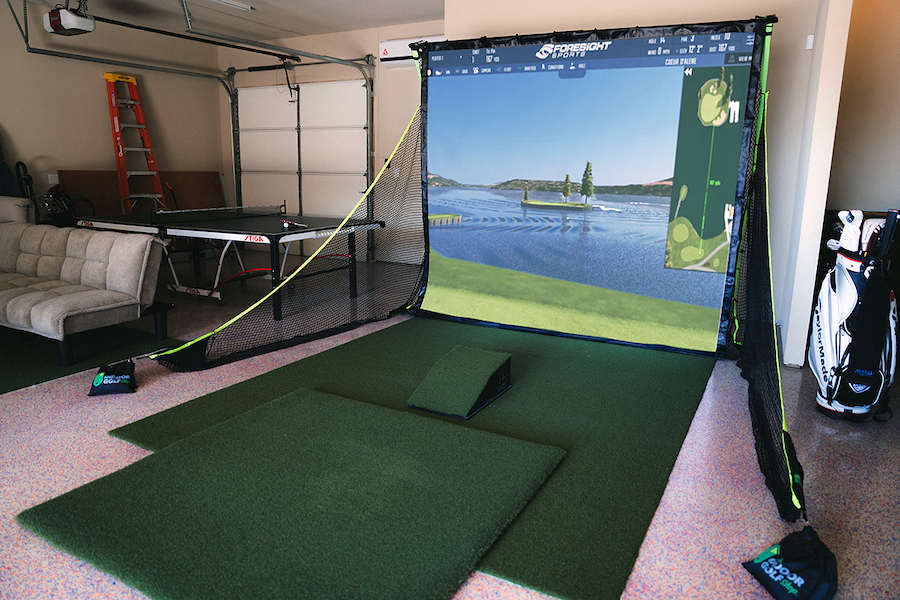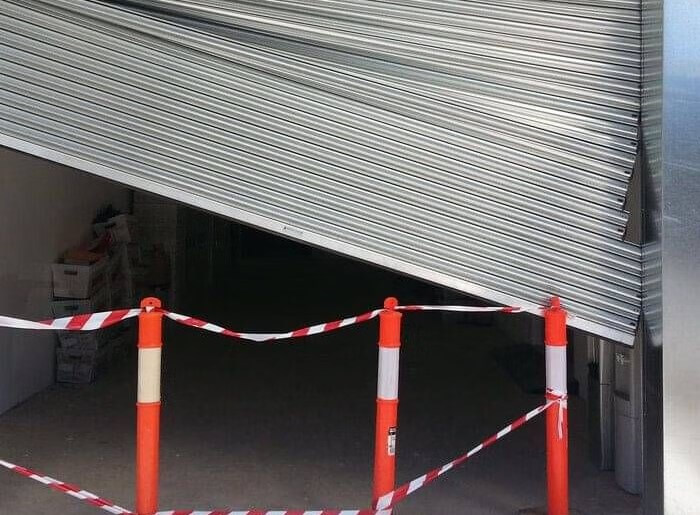Choosing between a golf simulator and a home practice net can feel confusing, especially if you are setting up a personal training space for the first time. Both options can help improve your golf skills, but they work in different ways. A simulator offers data, visuals, and a realistic playing experience. A net focuses on repetition, simplicity, and easy everyday practice. Understanding how each system works helps you make the right decision based on your goals, space, and budget.
Why Home Golf Practice Is Growing
More golfers want to practice at home because it saves time and allows regular training without visiting the range. A home setup gives you flexibility and makes it easier to build a consistent routine. Many people want better control over their learning environment, which makes both simulators and nets appealing. You can practice early in the morning, late at night, during bad weather, or anytime you feel motivated. Before choosing your equipment, it is smart to compare both systems closely.
Comparing Cost and Setup Requirements
Golf simulators typically require more equipment such as sensors, projectors, hitting mats, and software. They also need a dedicated indoor space with enough ceiling height to swing freely. Practice nets, by contrast, are compact and simple to set up. They work in garages, backyards, basements, and even larger indoor rooms without major adjustments. To make your purchase more affordable, you can check out SimSpace coupon codes and explore deals on gear that fits your home setup.
What a Golf Simulator Offers
A golf simulator creates a digital version of real play. Your shots are tracked using sensors, cameras, or radar. The system then displays your ball flight on a screen or projector. Many golf simulators show data such as club path, ball speed, launch angle, and spin rate. This helps players who want deeper insight into their swing. Simulators also work for year round practice. You can play virtual courses, follow training modes, and monitor progress over time. This makes a simulator a powerful tool for serious golfers who like measurable data.
Benefits of Using a Golf Simulator
Simulators are helpful for golfers who want detailed feedback. You can understand what your swing is doing and adjust based on clear information. They are also great for indoor practice since they do not require outdoor space. Many people enjoy simulators because they combine learning with entertainment. You can play full rounds with friends, host virtual tournaments, or practice alone in a quiet space. The main downside is the cost, but the features often justify the investment.
What a Home Practice Net Provides
A home practice net focuses on simplicity. It allows you to hit real golf balls safely without worrying about damaging walls or windows. Nets work well in garages, basements, backyards, and even larger indoor rooms. They are easy to set up, use, and store. A net does not provide data like a simulator, but it helps build muscle memory and consistency. This makes it a good option for beginners, casual golfers, or anyone who wants to practice more often without high costs.
Advantages of a Practice Net

Practice nets are portable and low maintenance. They take up less room than simulators and can be used outdoors whenever the weather allows. They are also very affordable, especially compared to full simulator setups. A net encourages repetition, which is important for improving balance, rhythm, and contact. Many golfers like nets because they offer a natural, feel based training experience. You can pair a net with small add ons like swing trainers or basic launch monitors if you want extra feedback.
Direct Comparison of Both Options
If you are unsure which system fits your needs, compare the most important points.
• Simulators give detailed data
• Nets support simple swing repetition
• Simulators need a dedicated room
• Nets work in smaller spaces
• Simulators cost more but offer more features
Both tools help you improve, but the best choice depends on how you learn.
Budget Considerations
Price is usually the first thing golfers think about when choosing between simulators and nets. Simulators require several pieces of equipment such as a projector, impact screen, hitting mat, tracking system, and software. These pieces add up quickly. Nets cost far less and work with minimal accessories. If you are working with a tight budget, a net is the smarter choice. If you have room to invest in long term improvement, a simulator may be worth the cost.
Space Requirements
Simulators need enough height, width, and depth to allow a full swing and proper projection. Ceiling height matters the most. If your club risks hitting the ceiling, the setup will not work. Nets are easier to place because they fit into many different spaces. You can set up a net outside or move it indoors when needed. If you have limited room, a net is usually the better choice. If you have a garage, basement, or spare room with enough height, a simulator becomes possible.
Performance Goals and Training Style
Your personal goals affect your decision. If you love analyzing data and want to understand your swing in detail, a simulator is the right fit. It gives deeper insight and helps you make accurate adjustments. If your main goal is rhythm, contact, and consistency, a net may be all you need. Many golfers start with a net and upgrade later once they feel ready for technology focused training. The best choice is the one that matches your learning style.
Maintenance and Durability
Simulators include electronic parts, so they need proper care. You must keep the sensors clean, update the software, and protect the projector. Nets require less maintenance. You may only need to check for wear over time or replace certain sections if you practice heavily. Both last a long time when used correctly, but nets generally require less attention.
Long Term Value
Simulators offer long term value through their advanced features and detailed tracking. They help players grow and improve over many years. Nets offer long term value through affordability and consistency. Some golfers enjoy the simplicity of hitting ball after ball without worrying about data. Both have strengths, but your long term value depends on how often you practice and what type of feedback helps you learn faster.
If you want to understand why simulators work so well for consistent improvement, you can read more about the benefits of using a golf simulator. It explains how simulators help golfers practice effectively throughout the year, even when weather is unpredictable.
Final Thoughts
Choosing between a golf simulator and a home practice net becomes easier once you know your goals. Both tools support regular training and skill development. Think about how much space you have and how much you want to spend. Consider whether you prefer measurable data or simple repetition. The right setup is the one that fits your home and practice routine. A good decision will make your practice time more enjoyable and more productive for the long run.











